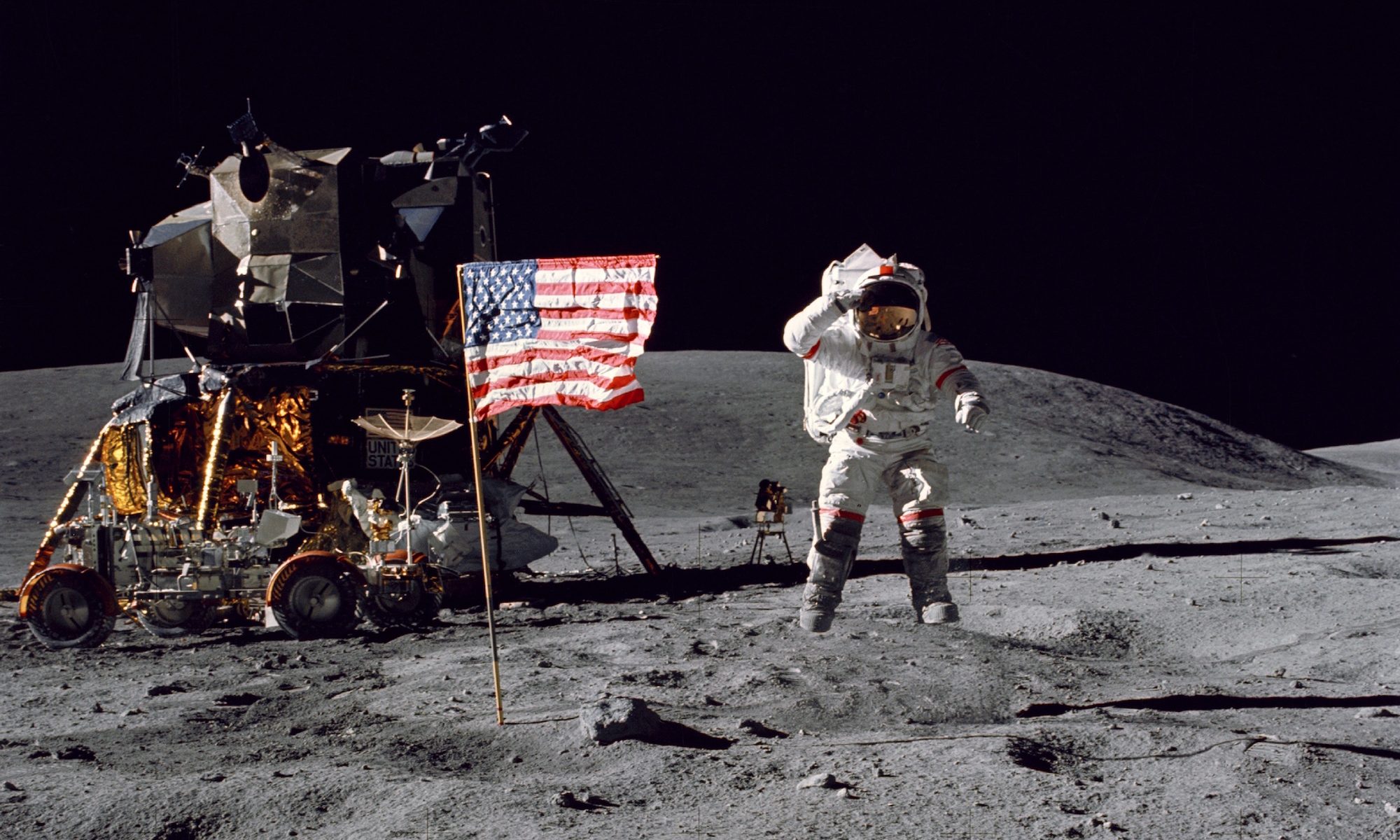When I started doing international relations professionally, I subscribed to many beliefs I no longer hold. One such belief was the idea that states are the principal actors in international relations, and that as a consequence real IR scholars study what states are and what states do.
I won’t detail all of my disagreements with this proposition, not least because, as a working matter, most of my work still involves trying to figure out how particular states work and how particular states interact. But over the past seven years Ive become increasingly interested in how individual people involve themselves in international relations.
Viewing the world from the individual-up instead of the state-down has a lot of interesting implications–not least the fact that one suddenly realizes that all of those people getting on airplanes, making goods for trade, and depicting other countries in fiction are doing a lot more international relations than professors clacking away in their offices.
Engaging in the international entails learning how one relates to others on the basis of categories that are assumed or irrelevant when one deals with others in the domestic. For expats, a category into which I once fell, performing the roles associated with national identity becomes rather more obvious. Much as I have been most conscious of my racial identity in contexts where I am a visible minority, so I am most aware of my national identity and all that entails when I am treated not as me but as an American.
I have some hypotheses and informed opinions about why IR scholars decided for two or three generations that this sort of inquiry was irrelevant, but I cant help but feel that in throwing the everyday processes of international life we lost a great deal from the discipline. Every theoretical inquiry constricts our imagination in some ways to enable it in others, but a theoretical perspective that reifies France, England, and Russia without ever talking about French people, English thought, or Orthodox Christianity is one that has perhaps given up a too much.
These thoughts come to mind because I recently reread Shooting an Elephant, an essay by George Orwell I first encountered in middle school. Its fair to say that I didn’t understand exactly what he was talking about when I was thirteen; I wonder, sometimes, if my teachers possessed the background knowledge about the Empire, British socialism, or Eric Blairs life that I lacked then.
In revisiting the piece now, as an officially-minted scholar of international relations, I am struck about how much the piece is about the social construction of identity, and how performing roles according to the expectations of an audience leads to the reaffirmation of an identity that Orwell inwardly rejects. Here, by the way, I think that someone who isn’t an IR scholar would have an advantage in understanding the pieces importance. Most American-style IR teaches us to discount the everyday experiences of the people who actually constitute the subject of our discipline, and all American academia teaches us to discount people who write (like Orwell) without citations or figures.
After living abroad, however, Orwell’s observations about the tenuousness of imperial control and the ways in which social arrangements, not individual beliefs, produce individual identity ring true:
In Moulmein, in lower Burma, I was hated by large numbers of people – the only time in my life that I have been important enough for this to happen to me. I was sub-divisional police officer of the town, and in an aimless, petty kind of way anti-European feeling was very bitter. No one had the guts to raise a riot, but if a European woman went through the bazaars alone somebody would probably spit betel juice over her dress. As a police officer I was an obvious target and was baited whenever it seemed safe to do so. When a nimble Burman tripped me up on the football field and the referee (another Burman) looked the other way, the crowd yelled with hideous laughter. This happened more than once. In the end the sneering yellow faces of young men that met me everywhere, the insults hooted after me when I was at a safe distance, got badly on my nerves. The young Buddhist priests were the worst of all. There were several thousands of them in the town and none of them seemed to have anything to do except stand on street corners and jeer at Europeans.
Some variant of this scene is familiar to most Americans who have lived abroad and ventured outside of expat circles, especially outside of the West. What resonates most clearly, however, is the complicated power relationships between the crowd and Orwell. Theres the familiar-by-now acknowledgment of formal power relations: The [elephants] owner was furious, but he was only an Indian and could do nothing. But Orwell feels compelled to act as he does because of the expectations of the crowd. If we adopt the viewpoint that political power consists in a psychological relationship (to take Morgenthau’s definition, for instance), then it is actually unclear who exactly is the more powerful actor: the subdivisional police officer or the populace he formally governs.
I have no particular thesis to argue in this quick post, except to observe that I wish there was a more generally accepted set of theories and inquiries in the American academy to explore international relations as if people mattered. In this, however, I don’t (only) mean to say that the discipline (and me, myself) should take critical, interpretive, and ethnographic methods more seriously; instead, I mean that I wish that when we talked about international politics, international economics, and international governance we began with a more catholic and less official viewpoint.
